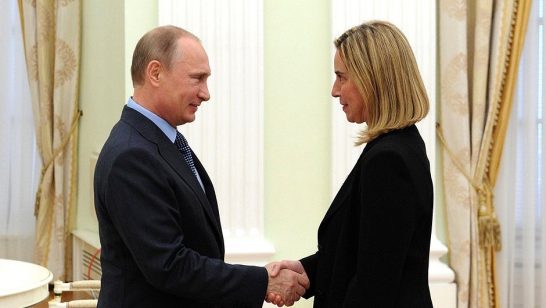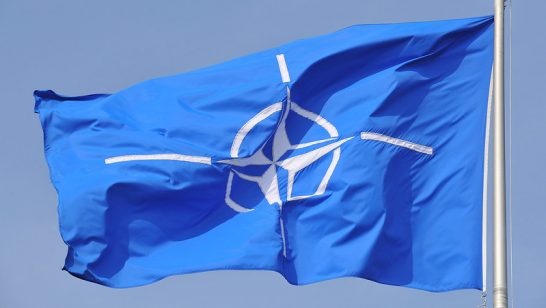
Ahead of this week’s European Parliament elections and in the midst of an international crisis over Ukraine, a new Quick Guide by the ELN reviews the foreign and security policies of 8 of the continent’s leading populist parties.
The eight parties reviewed are: UKIP in the UK, the Front National (NF) in France, SYRIZA in Greece, the Party for Freedom (PVV) in the Netherlands, the Danish People’s Party (DPP) in Denmark, the Freedom Party (FPÖ) in Austria, the Five Star Movement (M5S) in Italy and Jobbik in Hungary.
Each party is examined for its views on the following foreign policy issues:
- Attitude towards the European Union;
- Attitude to the euro as common currency;
- Attitude to Putin’s Russia;
- Attitude to membership of NATO;
- Attitude to relations with the US;
- Attitude to other high profile issues like the Middle East and international development policy.
KEY FINDINGS:
- The Euro-sceptic attitudes of all of these parties will present a challenge to the future of the European project. This is likely to come through mainstream parties toughening their approach to Europe to stem the populist surge.
- The paper’s authors find the parties all share a favourable attitude to Russian Premier Vladimir Putin and all, bar one, support Russia’s approach to the crisis in Ukraine. A growth in support for these parties in this week’s elections may increase Putin’s influence in European politics.
- The results may presage a coming challenge to NATO cohesion as two of the more influential parties (SYRIZA in Greece and the FN in France), favour exit from the Alliance.
- The management of any future crisis in the euro-zone may be heavily undermined by the rise of the populist parties, especially if government’s attempt further austerity as a solution.
The opinions articulated above represent the views of the author(s), and do not necessarily reflect the position of the European Leadership Network or any of its members. The ELN’s aim is to encourage debates that will help develop Europe’s capacity to address the pressing foreign, defence, and security challenges of our time.




